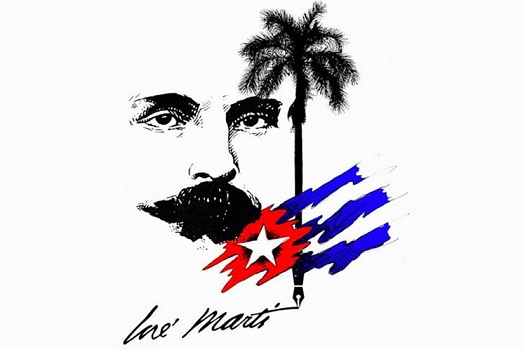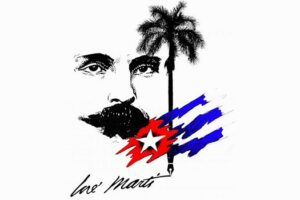Center for Martí Studies: 46 years of (Re)discovering Martí.


It is quite a challenge to retrace the vast work of José Martí, who in only 42 years of his life had a renowned journalistic-literary trajectory, and who uttered an oratory of supreme sapience and the most cultured and esthetic gestures of the language.
Precisely an institution in our country assumes that mission and stands out for immortalizing the imprint of the Master: the Center for Martí Studies.
Founded on July 19th, 1977 with the purpose of sponsoring the research and analysis of the life, work and thought of José Martí, the compilation and safeguarding of his manuscripts, original editions, photographs and other documents and belongings, as well as for the dissemination of his biography, the Center develops research lines with a marked multidisciplinary approach, ranging from the Critical Edition of the Complete Works, to the history and literature of the Master.
Cuban cultural personalities such as Armando Hart Dávalos, Juan Marinello, Cintio Vitier, Fina García or Roberto Fernández Retamar, its first director, have been fundamental pieces in its operation and, consequently, it has hosted dissimilar academic meetings, scientific conferences, colloquiums and seminars, in addition to serving since 2011 as a subsite of the Havana International Book Fair, as a way to present volumes on our National Hero and disseminate his actions through reading.
The Critical Edition of the Complete Works of José Martí includes manuscripts and printed works of the Apostle up to date, with a volume of information meticulously ordered and combined by dates, themes and genres, as an evident sample of the evolution of Martí’s thought in correspondence with the progress of his political, journalistic and literary actions.
On the other hand, it has notable research projects such as those called History of the Cuban Revolutionary Party and Marti’s Re-readings, the expansion of the paradigm. The former gathers the work of the emblematic party organization born in 1892 through numerous bibliographic-documentary sources; while the latter delves into little explored aspects of Marti’s literary work, with particular emphasis on his paratextual universe, hybridity and generic interpretations of his dissimilar areas of creation.
It is also worth mentioning the Yearbook of the Center for Martí Studies, an innovative proposal of the facility that, since 1978, publishes academic studies, updates Marti’s bibliography and disseminates texts of the Master not included in his Complete Works, as well as book reviews and other materials concerning the Apostle.
It is also worth mentioning its insertion into the digital universe since 2007, when the José Martí Portal was born, whose interface brings the users of the network of networks around the world closer to the Apostle and his legacy, through essays, journalistic works, articles and mobile applications of national invoice.
Undoubtedly, the Center for Martí Studies becomes a reference for the island and the world, not only for the quality, value and excellence of its services, but also for keeping alive the imprint, the greatness and prestige of the most universal of all Cubans, José Martí.
Written by Yadiel Barbón Salgado.




